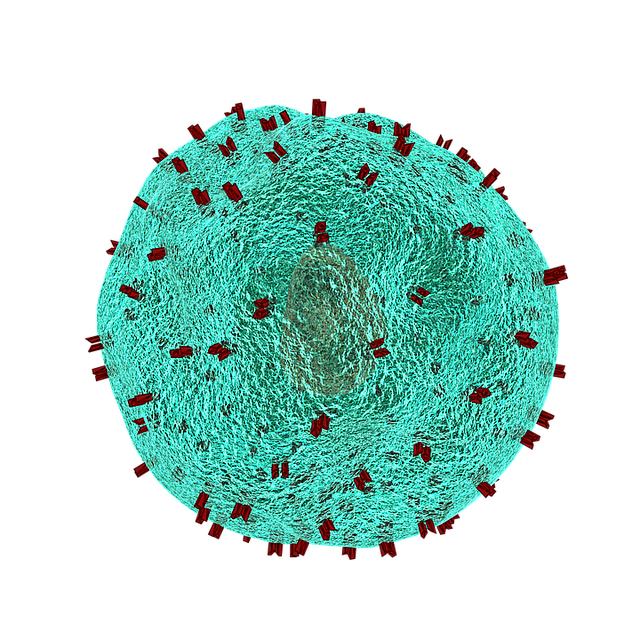While most researches on COVID-19 nowadays are focusing on antibodies, it is also important to keep studying the role of cell-mediated immunity and T cells in the immune response. T helper cells stimulate the work of B cells, while T killer cells find and destroy infected cells. T cell immune response is activated by viral proteins.
Using bioinformatics tools, a team of immunologists at the La Jolla Institute for Immunology predicted which viral proteins would provoke the most powerful T cell responses. The immune cells (CD8+ and CD4+ T cells) from 10 patients who had recovered from mild cases of COVID-19 were exposed to these viral snippets (epitopes). All patients from the group had T cells that recognized SARS-CoV-2 S-protein, which function is cell infiltration and T helpers that reacted to other viral proteins, including N and M proteins. The virus-specific T cells were found in 7 patients. According to researchers, these epitopes can be used for further research on the SARS-CoV-2 immune response.
Intriguingly, T helpers that recognize SARS-CoV-2 were present in 40-60% of blood samples collected in the time period of 2015-2018. That leads to the conclusion that these cells were "trained" to recognize proteins similar to SARS-CoV-2 S-protein, such as spike proteins of seasonal coronaviruses that cause the common cold. That would also explain why some people recover from COVID-19 much easier than the others.
Another research on this topic by the team of scientists from Berlin got similar results. They also identified T cells that recognize S-protein in 15 patients out of 18. Then they analyzed the blood samples of patients without anti-SARS-CoV-2 antibodies and found that 34% of the group had the virus-specific T helpers.
However, the direct proof of the fact, that people with the T helpers left from the previous seasonal coronavirus infections, recover from SARS-CoV-2 easier, still isn't there. It also still isn't known, how long this form of cell-mediated immunity is present in the organism.
